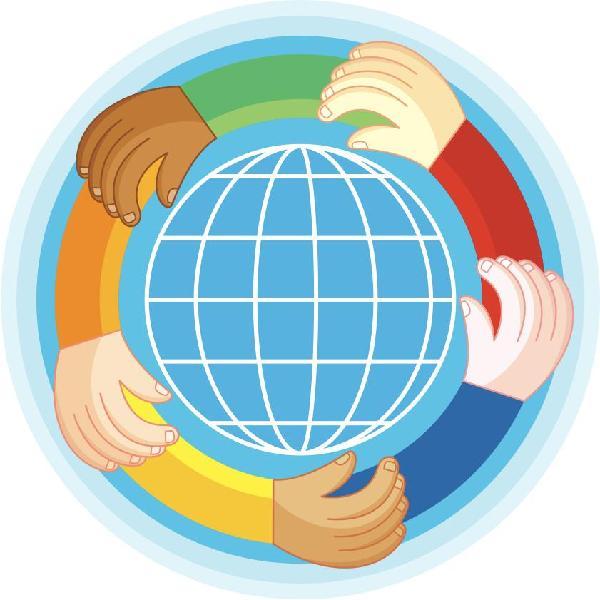
Tikkun Olam, it seems, is all the rage. Having grown up in a very Jewish area , physical acts of tikkun olam, or “healing the world” have been a part of my Jewish life since preschool. Street cleanups, community gardening, food bank packing, helping animal shelters, the list goes on. Despite all these opportunities to do good, however, I admit I always felt somewhat distanced from the supposed world-healing. I knew that the work I was doing was beneficial to someone, even if I didn’t extend the benefits to the universe at large. Consequently, I couldn’t understand why I didn’t feel a sense of excitement, if not holiness, at the prospect. Perhaps I wasn’t the best street cleaner-upper, or the most green-thumbed gardener, or the most efficient food-packer, but the work I did was at least adequate, so shouldn’t I have felt good about helping others?
In retrospect, perhaps this focus only on helping others was exactly the problem. When thinking about tikkun olam and community service in general, the emphasis is usually on those we serve, but perhaps this is not the most effective way of viewing it. My experiences working with two non-profit organizations—the Friendship Circle of Greater Pittsburgh, and the Dyspraxia Foundation U.S.A.— have shown me that our most valuable service to the world at large comes when we think a little bit of ourselves.
I began volunteering with the Friendship Circle—an organization that pairs neruotypical high school students with their peers with special needs—when I was fourteen only looking to make friends. Having been diagnosed as a child with a mild form of Developmental Dyspraixa—a motor-planning disorder—I felt I could empathize with the feelings of isolation disability can bring. With this empathy in tow, I boldly proclaimed it, at least to myself, as my duty to get involved with this cause, of giving to the service of others. In hindsight, that was a fairly lofty sentiment. Really, when I think of what my service to the organization did for me, I can think of a million more things I gained than what that I gave. In the friendships formed through Friendship Circle, I found that there were no hidden relationships, no secret judgments passed, no underlying social strata to navigate. There was just another individual and myself engaged fully and holistically with each other. At Friendship Circle, I didn’t have the need to hide supposedly “uncool” aspects of myself, which I had been hiding in day-to-day interactions—the kids I was forging these relationships with liked me not just in spite of but because of my, unfettered love of Mario Kart and Pokémon. So I decided to stop hiding altogether. No longer feeling obligated to conceal, not only secret video game obsessions, but my general enthusiasm for life, was indescribably liberating. Friendship Circle gave me a gift of freedom, which motivated me to want to give it to others.

This pattern repeated itself in my work with the Dyspraxia Foundation U.S.A. As a Teen Advocate, I corresponded with kids and teenagers also living with Dyspraxia and their parents in order to offer support and solidarity. Like with Friendship Circle, I felt that my experience afforded me an obligation to help others sharing my experience. Again, the benefits I received far outweighed anything I gave. In my work, I found the ability to utilize an aspect of my person that had been hitherto just been a nuisance—my Dyspraxia—into something productive. It then ceased being an annoyance and was transformed into a valuable positive attribute. Service, in this manner, gave me a sense of self-pride, which again motivated me to contribute more.
I see several similarities between these two tikkun olam experiences: My initial motivation to get involved with the causes came from an urge within me rather than from outside pressure, that which I received from my work was likewise personal, and motivated me to do more. The most effective tikkun olam, then, comes from a place of personal relevance. It is only in examining ourselves, in thinking of ourselves when considering tikkun olam, that we can find the right projects. Once we do, we can feel more connection to the work we do, and more motivation to do it well. This is not to say that we should neglect the needs of the world in finding ways to heal it, but rather we should strive to use our interests and passions in a way that is also beneficial to others. When we do this, we will find that not only is the world healed; sometimes, we are too.
Dani Plung is a student at the University of Chicago.
[fbshare type=”button”]
